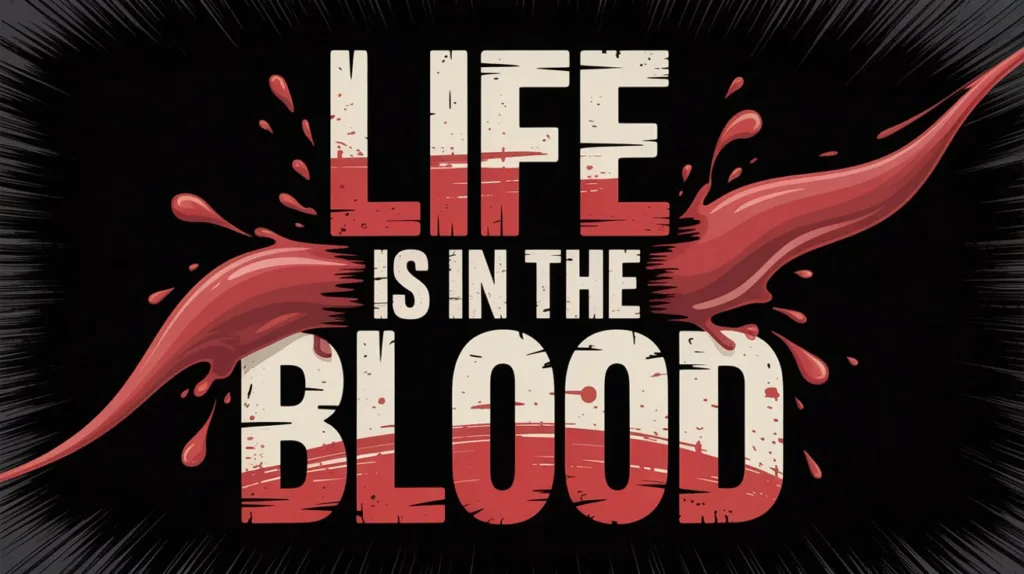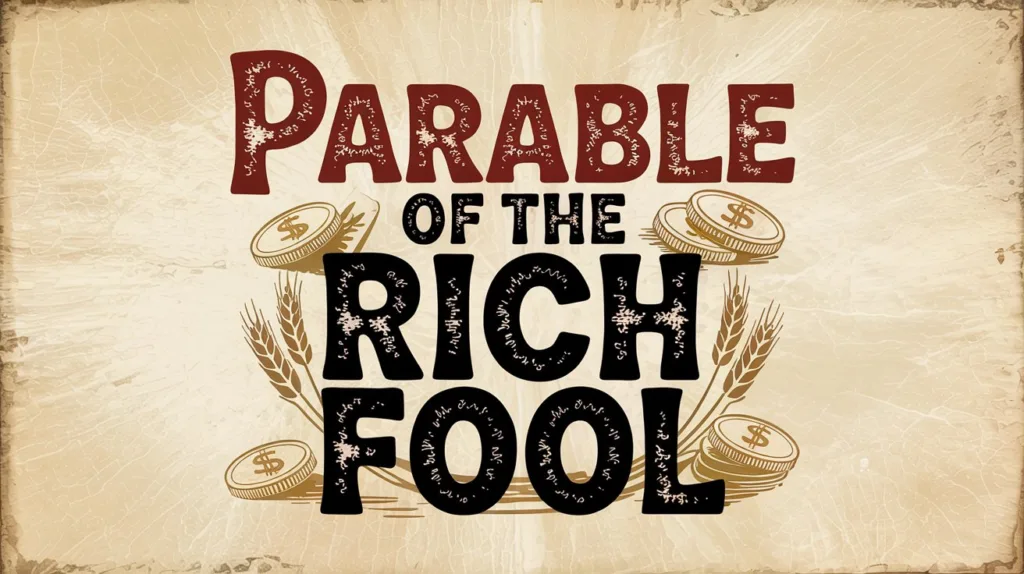Peter acted ashamed after denying Jesus because his actions contradicted his earlier bold promises of loyalty, and the weight of his failure overwhelmed him. During the Last Supper, Peter vowed:
“Even if I have to die with You, I will not deny You!” (Matthew 26:35)
However, when Jesus was arrested, Peter followed from a distance and three times denied knowing Him:
“Then he began to curse and swear, saying, ‘I do not know the Man!'” (Matthew 26:74)
Immediately, a rooster crowed, fulfilling Jesus’ prophecy:
“Before the rooster crows, you will deny Me three times.” (Matthew 26:34)
When Peter realized what he had done, his shame was overwhelming:
“So he went out and wept bitterly.” (Matthew 26:75)
Peter’s shame reveals the danger of self-confidence apart from God’s strength. Though sincere in his devotion, Peter relied on his own resolve rather than prayerful dependence on the Lord. His denial shows human weakness under pressure and the reality that fear can lead even the boldest disciple to stumble.
Yet Peter’s testimony does not end in shame. After the resurrection, Jesus graciously restored him (John 21:15–19), proving that failure is not final when there is repentance. Jesus entrusted Peter with the charge to “feed My sheep,” confirming his role in leading the early church.
Peter’s denial and restoration teach that no failure is beyond God’s grace. They remind believers to remain humble, vigilant, and fully reliant on the Lord for strength to stand firm in trials.





 Get the book that teaches you how to evangelize and disarm doctrines from every single major cult group today.
Get the book that teaches you how to evangelize and disarm doctrines from every single major cult group today.